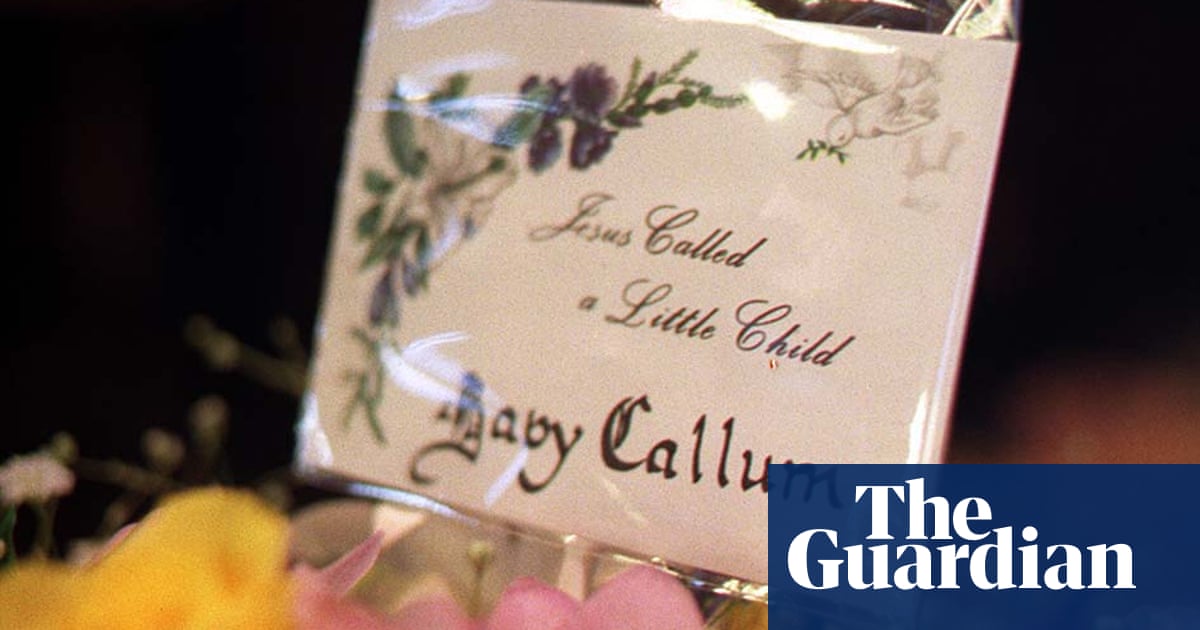
A woman in Argentina accused of killing her baby after suffering an obstetric emergency has had her case dismissed.
A court in Buenos Aires, cleared La China*, 43, after the prosecution withdrew its charge of aggravated homicide.
La China, a migrant from Venezuela and mother of two, told the court she did not know she was pregnant when she expelled what she thought were blood clots in December 2020 while at home in the capital.
La China has polycystic ovary syndrome, which results in severe pain and irregular heavy periods, along with what medical experts diagnosed as pregnancy denial, a psychological condition. She had lived through previous obstetric emergencies, and had been unaware of other pregnancies.
“There are a lot of people who are in this situation, who are being prosecuted and I really hope that my story is relevant for all of those women,” La China told the court before the verdict.
The ruling was a victory for women’s rights activists who had been campaigning for La China’s release, and fighting against the criminalisation of women who suffer miscarriages and stillbirths in Argentina.
“This could happen to any of us,” said Rosana Fanjul, a member of Libres Las Queremos, one of the groups that supported La China.
When the country legalised abortion up to 14 weeks in 2020, the government also promised to drop charges against women being prosecuted under earlier abortion laws. A 2020 study found that more than 1,500 women had been accused of having terminations between 2012 and 2020.
But women such as La China are still being charged with homicide for undergoing what lawyers and supporters say are miscarriages, stillbirths, or other complications. The same study found at least 37 women had faced charges – either for homicide, or abandonment of a person – for possible obstetric events. The Centre for Legal and Social Studies (CELS) in Buenos Aires said poor, migrant women are more likely to face prosecution.
In her closing statement, prosecutor Graciela Alicia Gils Carbó noted that there was no evidence that La China was aware that she was pregnant or in labour.
“Beyond the fact that it has not been proven that [La China] knew she was giving birth to a child, nor that she had homicidal intent when she wrapped it in sheets and put it in a garbage container,” said Carbó, “I also have not found proof that the child was alive when she carried out those last actions.”
Carbó said the notion of “the good mother” is so strong in society that anyone who does not recognise their pregnancy is immediately disapproved of.
“It took the state two years to recognise that this had to do with a health problem, and not something that should be criminalised,” said Indiana Guereño, an Argentinian lawyer and director of the Penal System Practices Observatory, who supported La China. “This precedent is very important for all of the women who are still in this situation in Argentina.”












